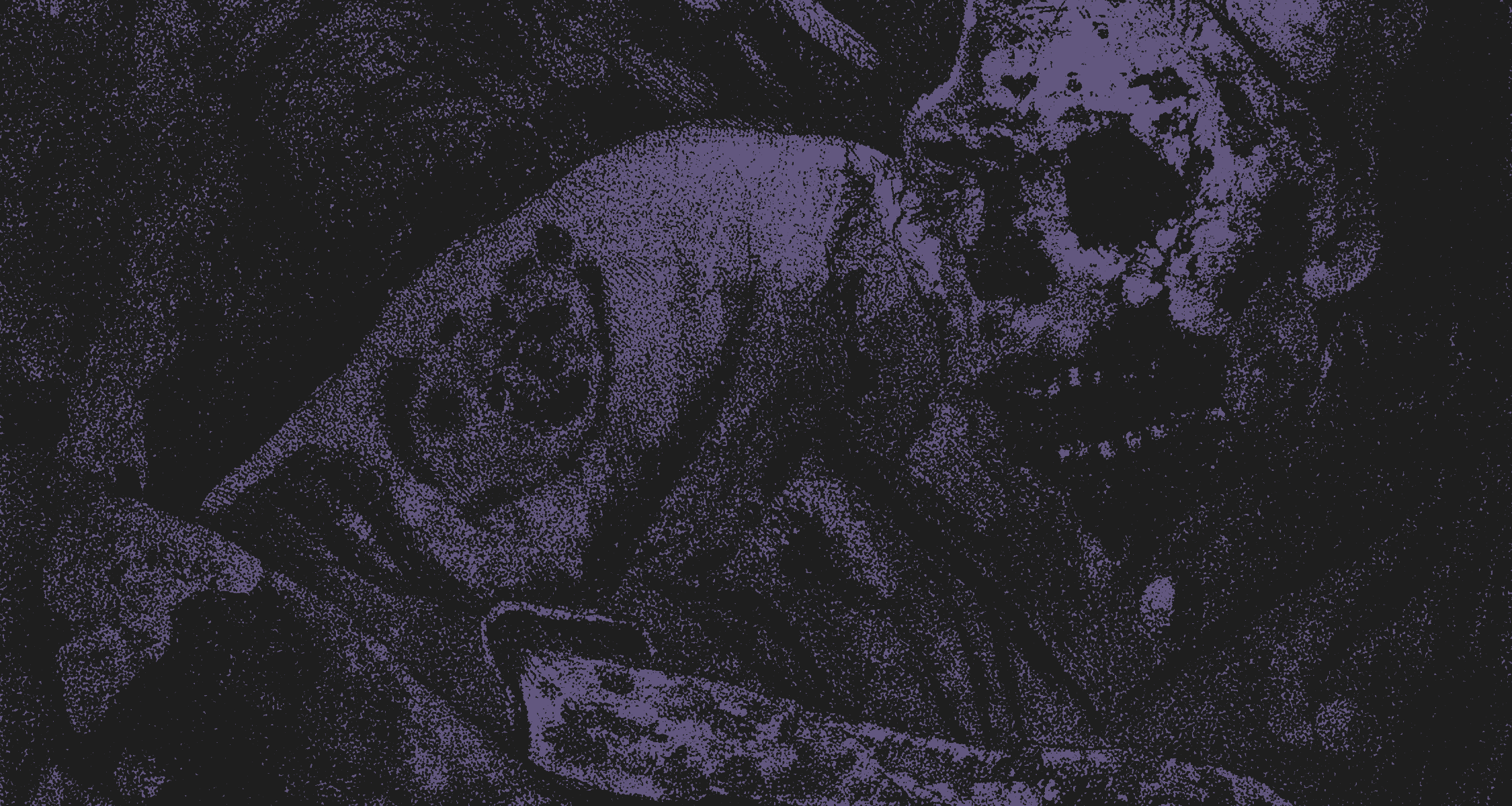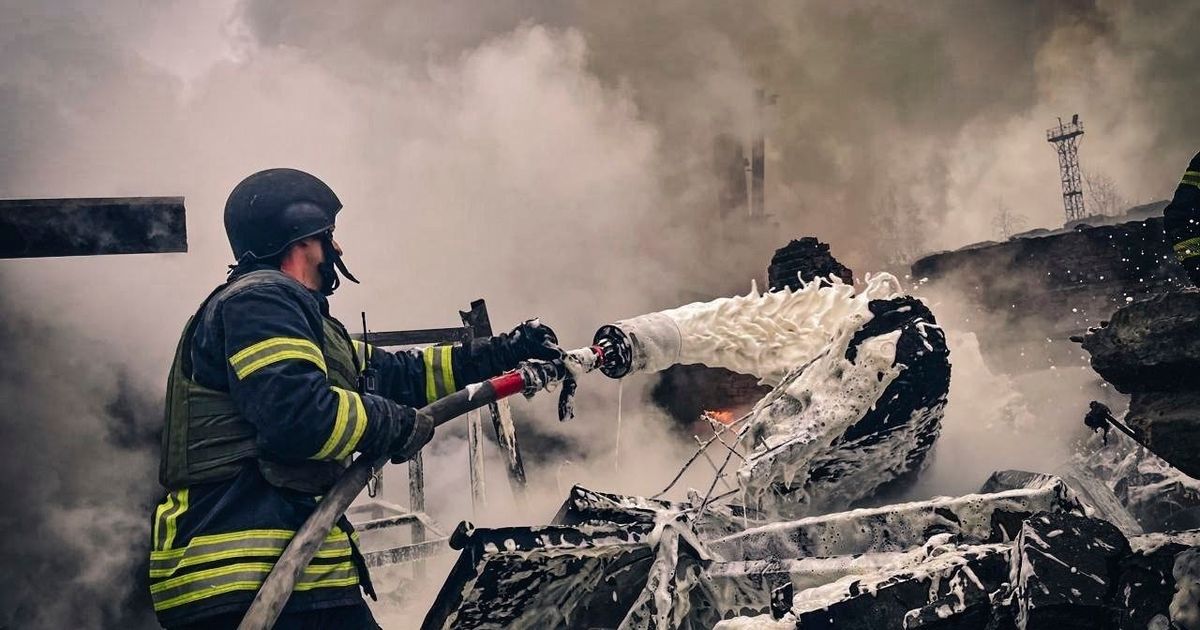The Buddhist Podcast for Stories to Inspire, Mindfulness, and Spirituality #177 - Fighting Over Rotten MeatHost: Venerable Miao GuangListen to the full story here. (Or on iTunes, Spotify, or wherever you listen to podcast.) The Buddha often traveled with his...
The Buddhist Podcast for Stories to Inspire, Mindfulness, and Spirituality
#177 - Fighting Over Rotten Meat
Host: Venerable Miao Guang
Listen to the full story here. (Or on iTunes, Spotify, or wherever you listen to podcast.)
The Buddha often traveled with his disciples to many villages, cities, and countries. During their travels, he would often teach his disciples along the way as events or conditions arose.
One sunny day, while on their way to a nearby village to beg for alms, the Buddha suddenly stopped. Turning to Ananda, he asked, “Ananda, do you see those crows on that tree over there?”
“Yes, Buddha, I see them. They seem to be fighting with each other,” Ananda replied.
The Buddha then said, “Seeing them fighting reminds me of a story I would like to tell. Would you like to hear it?”
Ananda replied without pause, “Please, Buddha, I’m now very curious to hear what story those crows made you remember!”
The Buddha then began, “This story is also about two crows, fighting like those you see on that tree.
Once, long ago, there were two crows. One was called Kage and the other was named Kaaki. They were friends and often traveled together to find food and shelter. This time, however, it looked like their friendship and happy companionship were about to be sorely tested. It was a hot summer day and food was scarce, both for the farmers tending the fields and the animals searching for it. After looking for food everywhere for some time, both crows had come to rest upon a tree branch. Kage had found nothing while Kaaki had found a small piece of rotting meat. Without warning, Kage, who had found no food, snatched the small piece of meat from Kaaki.
Kaaki, taken aback, shouted angrily, ‘Do you know how long it took me to find this small piece of meat?! I searched high and low for hours under this baking sun! How dare you snatch it from me! Go find your own food!’
‘Since you know how difficult it is to find food around here, you know you must share if you find some! You shouldn’t just enjoy it all by yourself! How selfish can you be! Don’t you know how to share?!’ Kage shouted back.
‘All I know is that this meat is mine! I searched hard for it. You, on the other hand, didn’t put any effort into finding anything!! Haven’t you ever heard that there is no such thing as a free lunch in this world?!’ Kaaki fiercely replied.
Neither crow was willing to yield, and so they argued and fought each other for hours. Eventually, under the scorching heat and due to their fight, the small rotten piece of meat they had fought over fell to the ground, now truly inedible.”
On hearing this, Ananda sighed and said, “What a sad story! For a small piece of rotten meat, they were willing to break their friendship and fight each other. I suppose they only stopped fighting when one of them was injured.”
The Buddha nodded and replied, “Yes, most likely so. From this incident, we can see that in the eyes of a sage, that small piece of meat is like one of the world’s treasures. Though it is no longer fresh, some are stubbornly prepared to fight for it. They are unwilling to share or be parted from their possessions or wealth. With such behavior, how many of us would pay attention to the greater need for practice? Such people indulge only in power, fame, and wealth, constantly competing and at odds with one another. Ananda, do you now see the resemblance between such people and the crows fighting over the rotten meat?”
“Indeed, Buddha. Though in our eyes, the meat is foul and inedible, to these crows, it is most precious and worth dying for,” Ananda replied.
The Buddha continued, “It is said a crow has ten foul traits: they are rude and shameless, self-indulgent and insatiable, cruel and callous, weak and unruly, thoughtless and greedy. We must always remind ourselves, as practitioners, to become self-aware of such qualities in ourselves and must work hard to change them.”
“Yes, we shall not be like the foolish crows, fighting over rotten meat. Thank you Buddha for your teachings,” Ananda replied.
The Buddha nodded and smiled. Together, they resumed their journey to beg for alms.
This story highlights the different mindsets of different beings. In the eyes of the Buddha, worldly fame and wealth are like inedible food, unworthy of pursuit or practice. The Buddha seeks only to guide all beings to strive for a pure world free from the phenomena of aging, pain caused by illness, and the fear of death. He teaches us that everything in this world is neither increasing nor decreasing, neither suffering nor joy. This state of constant bliss and purity is an immaculate world of truth, goodness, and beauty. Such a world is worth striving for. However, sentient beings like us, delude ourselves and mistake false for true, remaining ignorant of the significance of life, death, impermanence, and the value of the Truth. Such people only know to chase after delusional wealth and status, and are willing to deceive and compete with others to do so. In the Buddha’s eyes, they are like the foolish crows fighting over rotten meat.
Let’s look at it in a different light using water. Water is seen by all but each has a different perspective. No matter if the water comes from oceans, rivers, or streams, in the eyes of human beings, it is always water. However, in the eyes of heavenly beings, water is lapis lazuli. To hungry ghosts, it is viscous blood. For animals like whales or fish, it is their home, their palace. So why is it that water is seen differently by different beings? It is because the karma of each being is different. So, accordingly, their perspectives differ. Likewise, everyone has their preferences. Those who like sour food think the sour taste is sweet. Those who dislike sour food find it hard to eat. Similarly, those who like stinky tofu or durian consider them wonderful delicacies. But those who hate them find it difficult to even smell, let alone eat such foods.
Just as Venerable Master Hsing Yun says,
“To abide in the Buddha’s Pure Land of Ultimate Bliss,
be free of defilements.
To end the cycle of birth and death,
realize your true nature is akin to Amitabha Buddha’s.
To purify your thoughts, be free of the tyranny of the six senses.
To attain Buddhahood, let your mind arise freely in the Pure Land.”
----------------------------
???????????
Storyteller?????
?????
????????????????????????????????????????
?????????????????????????????????????
???????????????????????????????
????????????????????????????????
???????????????
????????????????????????????????????????????????????????
?????????????????????????????????????????????????????????????????????????????????????????????????????????
???????????????????????????????????????????????????????????????????????????????????????????????????????????????????????????????????????????????????????????????????????????????????????????????????????????
?????????
?????????????????????
?????????????????????
?????????????????????
?????????????????????

















